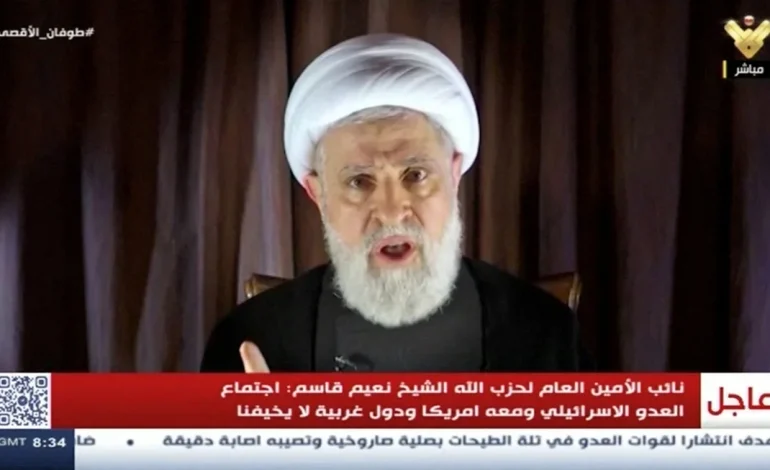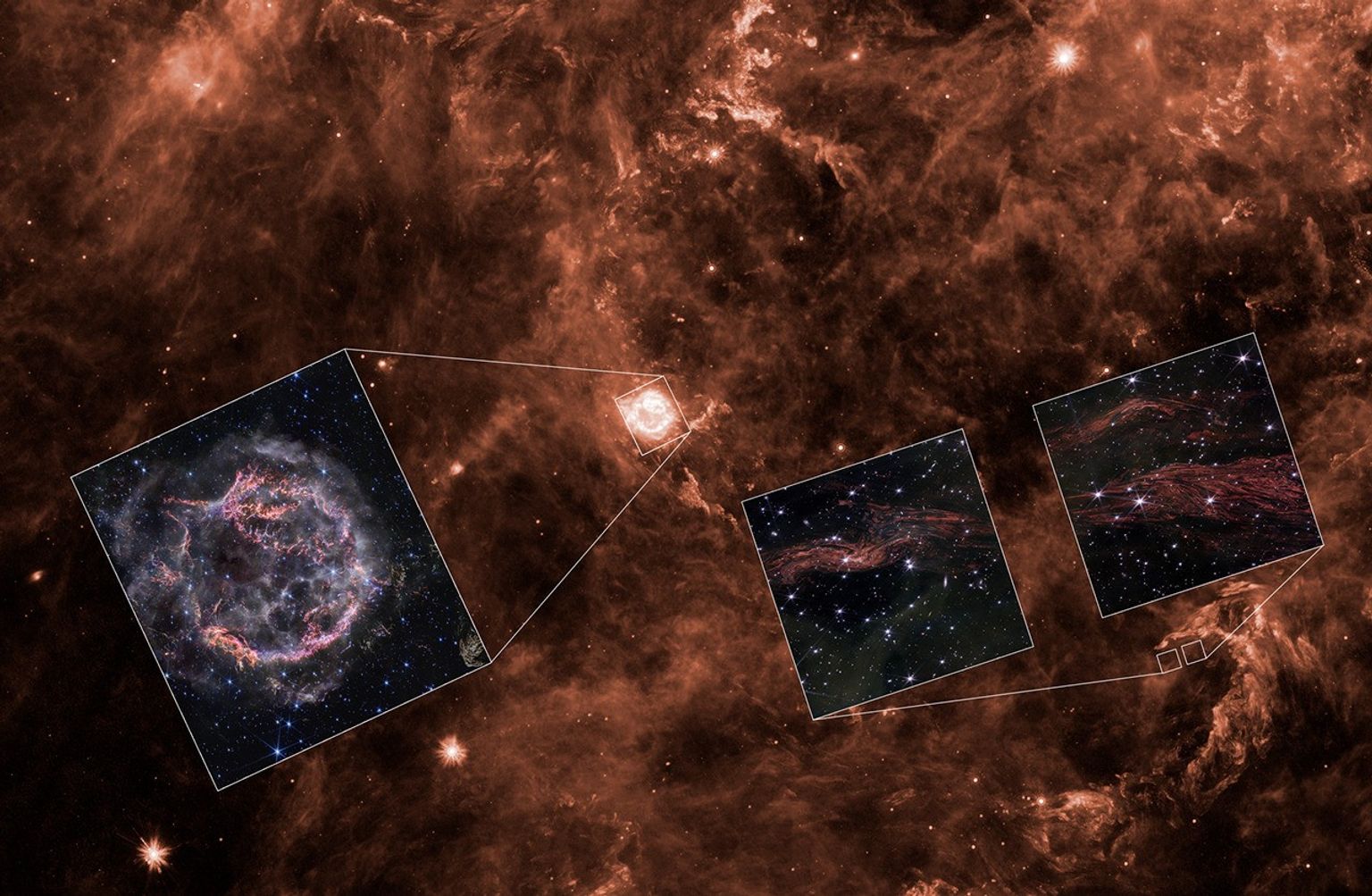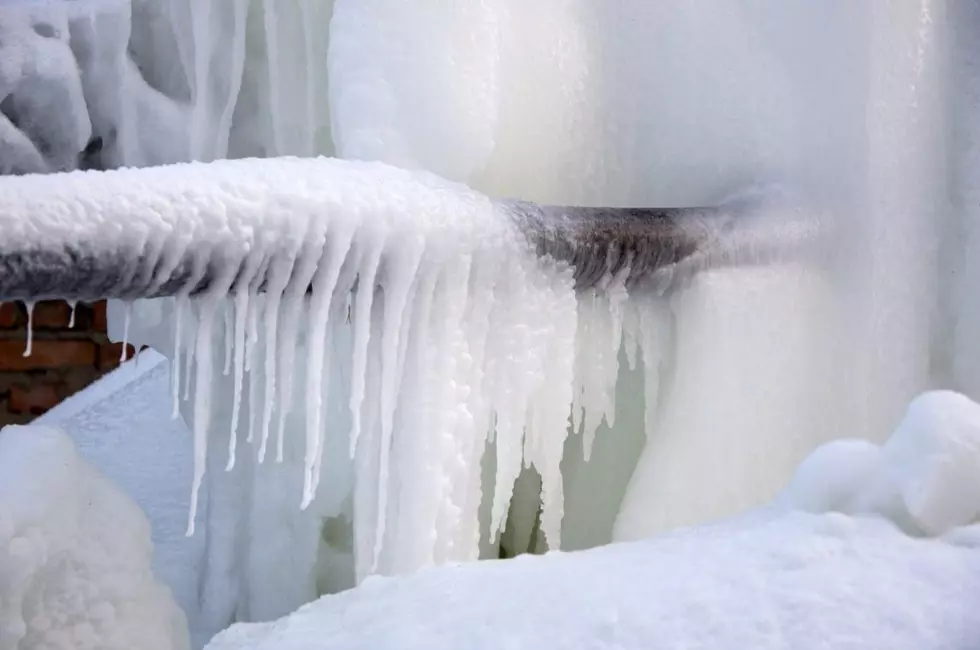Hezbollah Signals Willingness for Ceasefire in Lebanon, but Tensions Remain High

Hezbollah, the Lebanese Shiite militant group, has expressed support for a ceasefire in Lebanon, marking a significant shift in its stance. However, despite this openness to negotiations, the group’s top official emphasized their readiness to continue fighting Israel, CNN reports.
Deputy Secretary General Naim Qassem announced Hezbollah’s support for the ceasefire efforts led by Parliament Speaker Nabih Berri, who has been actively involved in mediation efforts by Western nations. This marks the first time the group has publicly endorsed a truce without explicitly linking it to a ceasefire in the ongoing conflict between Israel and Hamas in Gaza.
Qassem’s statement comes as Israel continues limited ground incursions into southern Lebanon, targeting Hezbollah. The group has responded with a barrage of rockets towards Israeli cities, including a large attack on Haifa and Kiryat Yam. The Israeli Defense Forces (IDF) reported intercepting many of the rockets, but confirmed that at least two buildings in Kiryat Yam and Kiryat Motzkin were directly hit.
While Hezbollah’s statement indicates a potential shift towards negotiations, Qassem’s speech also maintained a defiant tone, highlighting the group’s readiness and capabilities to continue fighting Israel. This suggests that a ceasefire, even if achieved, may be fragile and subject to future escalations.
The United States has confirmed that it is no longer actively pursuing the temporary ceasefire agreement that was reached during last month’s UN General Assembly. Instead, the Biden administration is focused on shaping and limiting Israeli operations in Lebanon and against Iran, rather than completely halting hostilities.
The situation in Lebanon remains highly volatile, with the potential for further escalation fueled by the ongoing conflict in Gaza.








